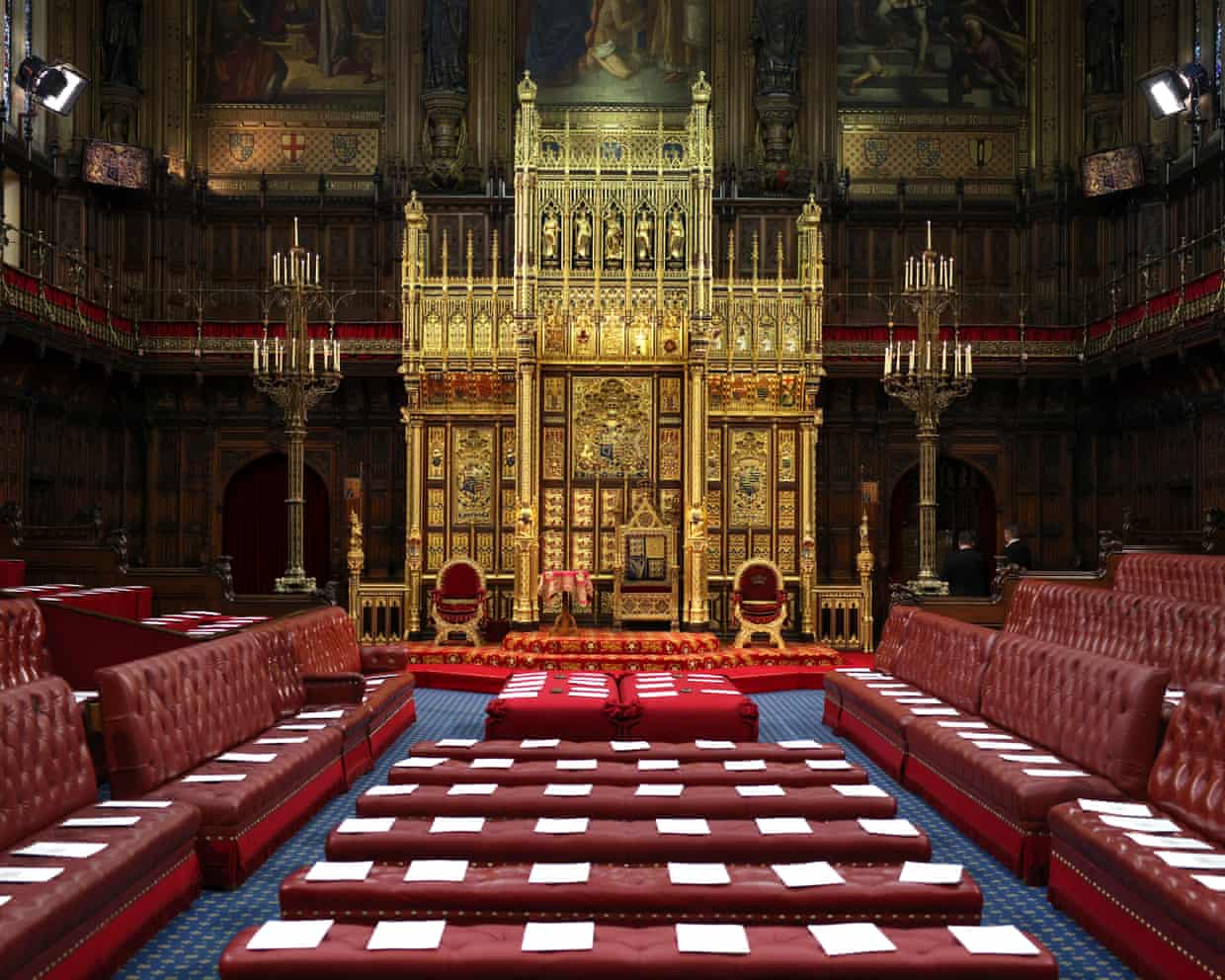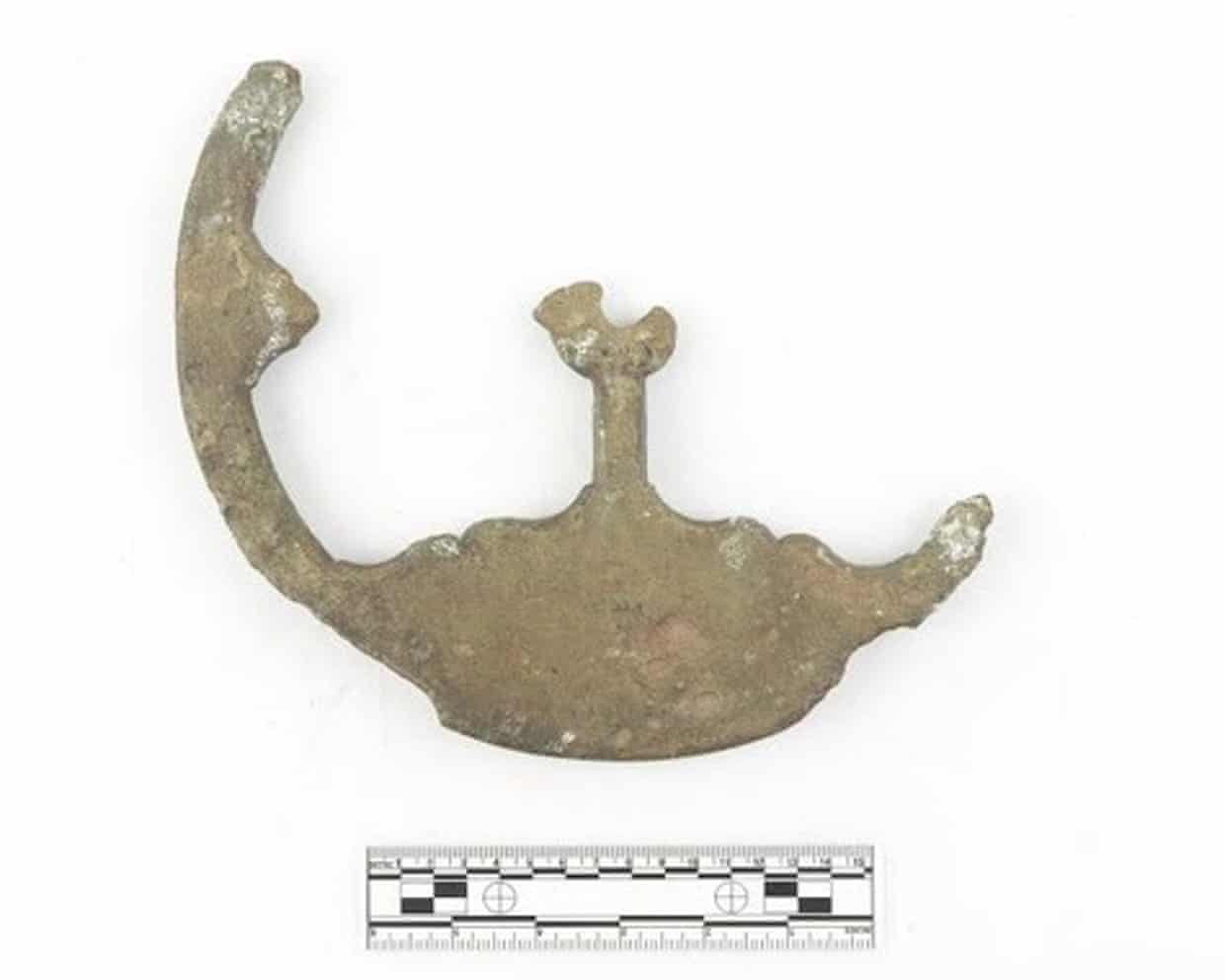‘Out of touch’ hereditary peers criticised for voting against workers’ rights

Dozens of hereditary peers – including the Duke of Wellington, landed aristocrats and millionaire business leaders – have been criticised for battling to unpick Labour’s plans to boost workers’ rights,The Lords voted to support a string of Conservative-backed amendments to the employment rights bill late on Monday for the third time running,In a protracted showdown with the upper chamber, the Lords vote aims to curtail a Labour manifesto promise to give workers the right to a guaranteed hours contract, and day-one protections against unfair dismissal,Those who supported efforts to water down the plan included 47 hereditary peers, 93 barons, 16 earls and seven viscounts,They included Charles Wellesley, the ninth Duke of Wellington, who sits as a crossbench hereditary peer.
A former Conservative MEP who carried the queen’s crown in King Charles’s coronation procession, he is a descendant of the first duke Arthur Wellesley, who led the victory over Napoleon Bonaparte at the Battle of Waterloo in 1815.Trade union leaders and senior Labour figures have criticised the Lords.Paul Nowak, the general secretary of the TUC, said: “The sight of unelected hereditary peers blocking stronger rights for millions belongs in another century – not modern Britain.”Labour MP Justin Madders, a former employment rights minister, added: “These unelected peers, with jobs for life, should not continue to downgrade and delay our plans to give everyone proper security at work.“We have a democratic mandate to deliver this massive increase in workers’ rights and the Lords need to realise their obstruction makes them look out of touch, undemocratic and firmly against the interest of working people in this country.
”Ministers have committed to throw out the Lords amendments, despite unease among some figures in government, with business leaders warning the changes could hurt jobs and the economy.A Labour source said the amendments were “pretty tone deaf” because the employment rights bill was a manifesto pledge.The Lords typically have an unwritten agreement not to vote against such measures.However, Labour is in the process of abolishing hereditary peerages.There are 85 hereditary peers, including 44 Tories and four each from Labour and the Liberal Democrats.
“They’re not representative of the wider population, and what we’re trying to do is to bring employment rights up to date and make sure people have rights at work which protect them,” the Labour source said.Industry leaders have stepped up lobbying against the workers’ rights changes, warning that employers are already slashing jobs and putting up prices in response to expected tax rises in the chancellor’s first autumn budget on 26 November.Those voting in the Lords against Labour’s plans included dozens of senior business figures and millionaires.Sign up to Business TodayGet set for the working day – we'll point you to all the business news and analysis you need every morningafter newsletter promotionThe Apprentice star Karren Brady, who sits as a Tory peer, was joined by former BT chief executive Ian Livingston and Cobra beer magnate Karan Bilimoria, who sit as non-affiliated peers.Others with a business background include the Tory financier James Lupton and CMC Markets founder Peter Cruddas.
Andrew Griffith, the shadow business secretary, said the Lords defeat showed businesses were concerned about “Labour’s unemployment bill” and called for the government to change course.“Labour should show some backbone, stand up to the trade union bullyboys, back British businesses and compromise on this awful bill,” he said.Ministers are under pressure to implement the employment rights bill “in full” after Keir Starmer’s September reshuffle fuelled unease among unions following the resignation of Angela Rayner, who had championed the plan.Christina McAnea, the general secretary of Unison, said: “Dukes, barons and earls shouldn’t be standing in the way of sensible measures that will improve working life, rebuild the economy and stop exploitation.“Good employers already do this because they know well-treated employees are less likely to leave and more likely to perform well.
”A government spokesperson said: “This government was elected with a clear manifesto commitment to make work pay and that is exactly what we are close to delivering.“More than 15 million workers across the UK are set to benefit directly from our employment rights bill, and we look forward to it becoming law as soon as possible.”

David Nicholls to adapt The Secret Diary of Adrian Mole Aged 13¾ for BBC
A writing team led by the One Day author, David Nicholls, and that includes Caitlin Moran is bringing Sue Townsend’s The Secret Diary of Adrian Mole Aged 13¾ to the small screen in a 10-part BBC One adaptation of the classic tale of teenage life in British suburbia.Nicholls, who described the book as “a classic piece of comic writing and an incredible piece of ventriloquism on Sue Townsend’s part”, will adapt the book that produced one of the best-known literary creations of the 1980s.Known for Mole’s comically dramatic assessments of his life in a Midlands cul-de-sac – “I feel like a character in a Russian novel half the time” – the book sold 20m copies worldwide and was translated into 30 languages.The BBC said: “With only a multi-coloured ballpoint pen as his guide, Adrian worries about his spots, his parents’ divorce, the torment of first love and the fact he’s never seen a female nipple.”None of the cast has been revealed, and producers say “a nationwide … search is currently underway to find Adrian”

‘People still blame me for their perforated eardrums’: how we made the Tango ads
‘Gil Scott-Heron did the closing voiceover. He was giggling away, saying, “You English guys are crazy!”’My creative partner Al Young and I had been on the dole for 18 months when we landed our dream jobs at Howell Henry ad agency. We had to prove ourselves fast. Tango’s brief was basically to get talked about. They told us: “We want Coca-Cola to be afraid of this little British brand

Memoirs, myths and Midnight’s Children: Salman Rushdie’s 10 best books – ranked!
As the author publishes a new story collection, we rate the work that made his name – from his dazzling Booker winner to an account of the 2022 attack that nearly killed him “It makes me want to hide behind the furniture,” Rushdie now says of his debut. It’s a science fiction story, more or less, but also indicative of the sort of writer Rushdie would become: garrulous, playful, energetic. The tale of an immortal Indian who travels to a mysterious island, it’s messy but charming, and the sense of writing as performance is already here. (Rushdie’s first choice of career was acting, and he honed his skill in snappy lines when working in an advertising agency.) Not a great book, but one that shows a great writer finding his voice, and a fascinating beginning to a stellar career

High art: the museum that is only accessible via an eight-hour hike
At 2,300 metres above sea level, Italy’s newest – and most remote – cultural outpost is visible long before it becomes reachable. A red shard on a ridge, it looks first like a warning sign, and then something more comforting: a shelter pitched into the wind.The structure stands on a high ridge in the municipality of Valbondione, along the Alta Via delle Orobie, exposed to avalanches and sudden weather shifts. I saw it from above, after taking off from the Rifugio Fratelli Longo, near the village of Carona – a small mountain municipality a little over an hour’s drive from GAMeC, Bergamo’s Galleria d’Arte Moderna e Contemporanea – the closest access point I was given for the site visit.The Frattini Bivouac is not staffed, ticketed or mediated

Spanish Armada-era astrolabe returns to Scilly after mysterious global journey
It spent hundreds of years languishing on the seabed off the Isles of Scilly in the far south-west of Britain before being hauled back to the surface by divers and setting off a circumnavigation of the world.Finally the Pednathise Head astrolabe – a rare example of a 16th-century navigational instrument once used by sailors to determine latitude – is back on Scilly after being rediscovered on the other side of the Atlantic.It turns out that after being sold and leaving the UK, the astrolabe passed through private collections in Australia and the US, its true identity forgotten along the way, before ending up in a museum on the Florida Keys.“It’s been on quite a journey,” said Xavier Duffy, the curator of the Isles of Scilly Museum. “We’re thrilled to have it back on Scilly and in the care of the museum

My Cultural Awakening: I moved across the world after watching a Billy Connolly documentary
I was 23 and thought I had found my path in life. I’d always wanted to work with animals, and I had just landed a job as a vet nurse in Melbourne. I was still learning the ropes, but I imagined I would stay there for years, building a life around the work. Then, five months in, the vet called me into his office and told me it wasn’t working out. “It’s not you,” he said, “I just really hate training people

Jake Paul’s Joshua fight is all about fame and bluster, money and eyeballs | Jonathan Liew

The Spin | Stokes’ England have reminded us all that cricket is meant to be fun

Starc says Australia players upset at Ashes opener’s move from ‘Gabbatoir’ to Perth

The NFL says Jameis Winston is a ‘national treasure’. The NFL is very wrong

Shoaib Bashir a surprise inclusion in England squad for first Ashes Test

Booker prize winners, rap hits and Ryder Cups: interpreting the Ashes omens